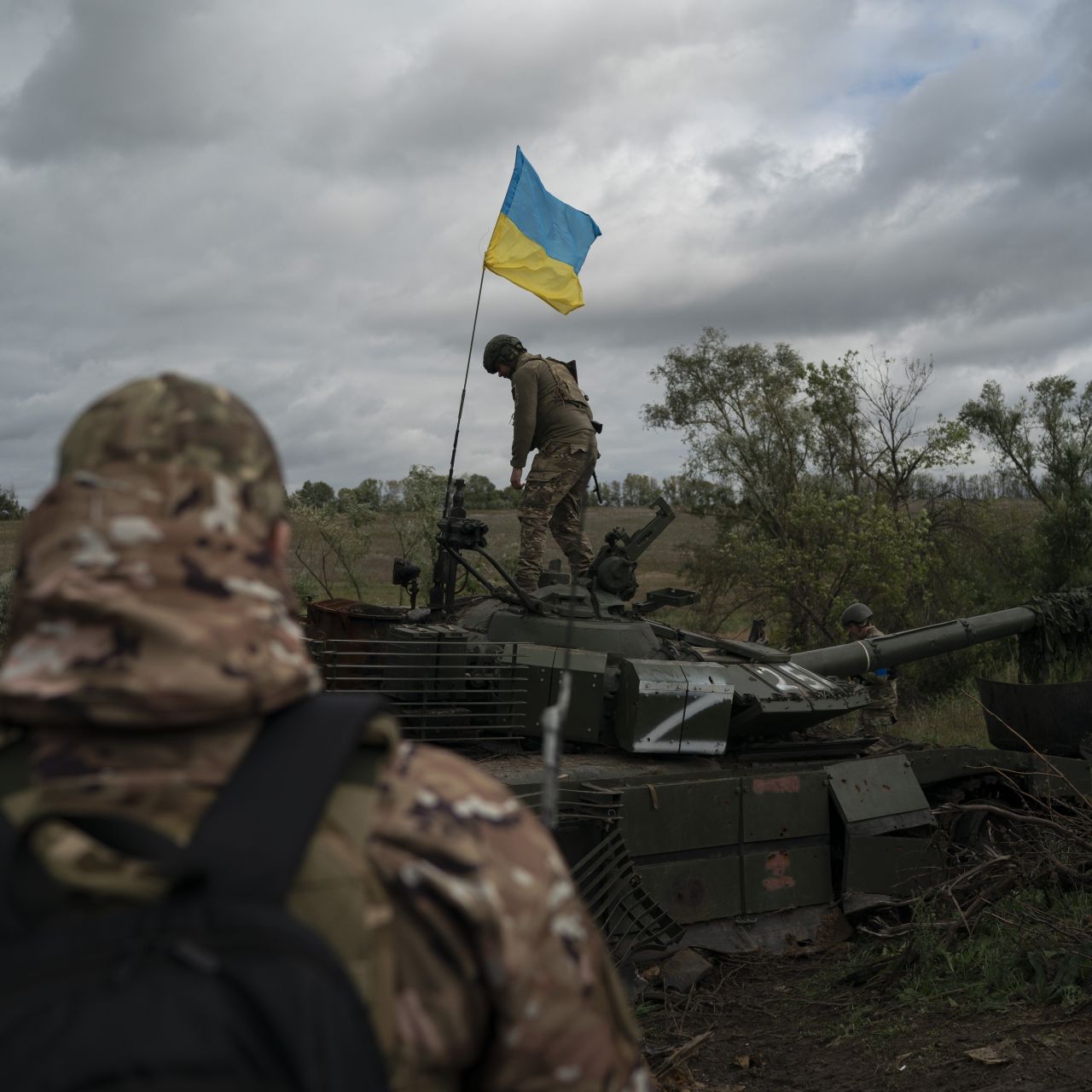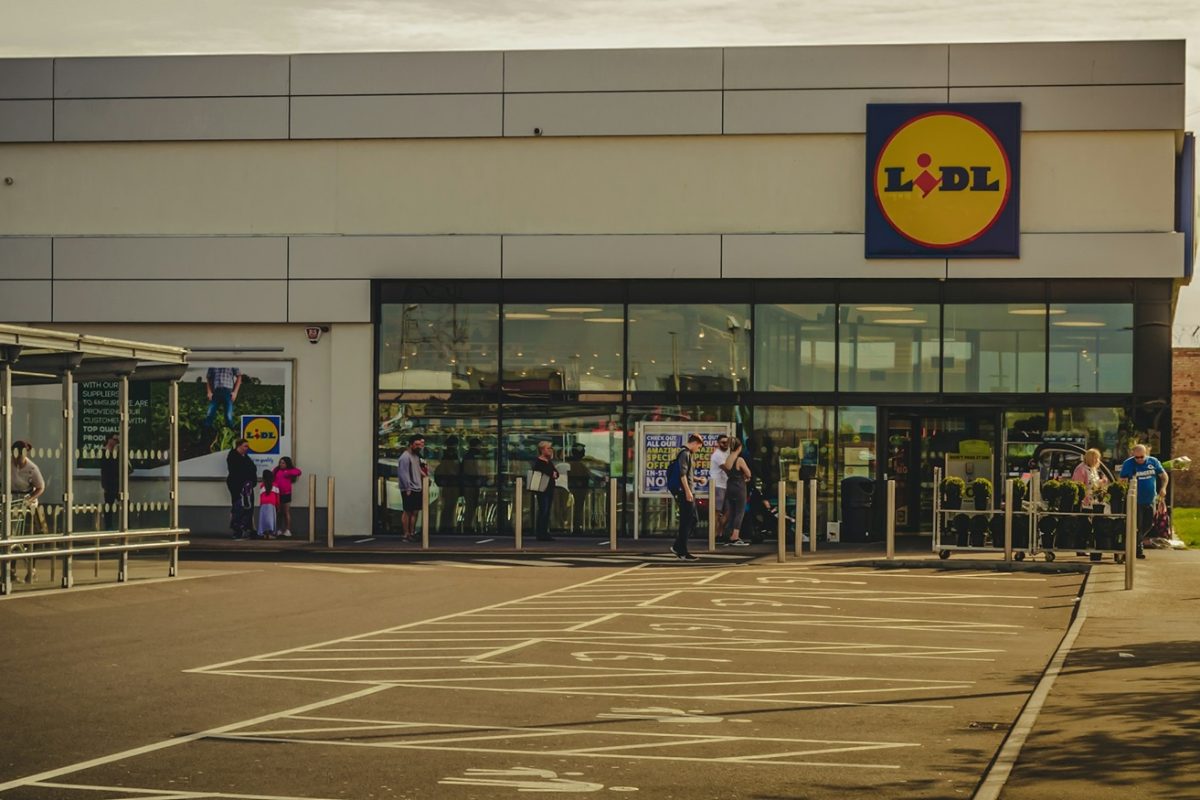Russia's War-Focused Economy: How Putin Restructured The Nation

Table of Contents
Increased Military Spending and its Economic Ramifications
Russia's military budget has seen massive increases since the invasion of Ukraine. This dramatically increased Russian military spending has diverted significant resources from other crucial sectors like healthcare, education, and infrastructure. The prioritization of the military-industrial complex has, however, spurred growth in related industries, particularly in the production of arms, ammunition, and military equipment.
- Massive increases in defense spending: Reports suggest a substantial rise in the allocation of national resources to military needs, potentially exceeding previously allocated percentages of GDP. This significant shift represents a substantial reallocation of resources.
- Prioritization of the military-industrial complex: Companies involved in the production of military hardware and technology have experienced significant growth, benefiting from increased government contracts and investment. This has led to a concentration of resources and expertise in this specific sector.
- Increased reliance on domestic production due to sanctions: Western sanctions have significantly limited Russia's access to crucial technologies and components, pushing the country towards import substitution and domestic production. This strategy, while aiming for self-reliance, presents significant challenges.
- Potential for long-term economic stagnation: The extensive diversion of resources towards military spending risks long-term economic stagnation by neglecting essential investments in infrastructure, technology, and human capital. This could hinder long-term economic growth and competitiveness.
- Economic costs of the war effort: The economic costs of the war in Ukraine, including military spending, sanctions, and lost economic opportunities, are substantial and are likely to have a lasting impact on Russia’s economic health. Analyzing these costs versus potential strategic gains is crucial for understanding the true impact of this economic restructuring.
Sanctions and their Impact on the Russian Economy
Western sanctions imposed on Russia following the invasion of Ukraine have significantly impacted the Russian economy. These sanctions, targeting various sectors including finance, energy, and technology, aim to curb Russia's economic activity and pressure the government to change its course.
- Impact of Western sanctions: The sanctions have resulted in restrictions on access to international financial markets, limited access to advanced technologies, and reduced foreign investment.
- Effectiveness of sanctions: While the immediate impact of sanctions has been considerable, their long-term effectiveness remains a subject of ongoing debate. Russia has employed various strategies to circumvent these restrictions.
- Sanctions evasion strategies: Russia has actively sought to evade sanctions through various means, including utilizing alternative payment systems, increasing trade with non-sanctioning countries, and developing domestic alternatives to sanctioned goods and technologies.
- Role of energy exports: Despite sanctions, Russia's energy exports have continued to generate substantial revenue, partially offsetting the negative impact of sanctions on other sectors of the economy. This has proven a crucial element in mitigating the economic impact.
- Ruble devaluation and its consequences: The ruble experienced significant devaluation in the initial period following the invasion, but has since partially recovered due to government intervention and energy revenue. However, this volatility has increased economic uncertainty.
- Capital flight and its effects: The uncertainty generated by the sanctions and the war has led to substantial capital flight from Russia, negatively affecting investment and economic growth.
Shift towards Import Substitution and Self-Reliance
In response to sanctions and the need to reduce reliance on imports, Russia has embarked on a path of import substitution, aiming for greater technological self-reliance and domestic production. This push towards autarky, however, presents both opportunities and challenges.
- Government policies promoting domestic production: The Russian government has implemented various policies aimed at boosting domestic production across several strategic sectors. These policies include incentives, subsidies, and protectionist measures.
- Challenges in achieving technological self-reliance: Achieving genuine technological self-reliance remains a significant hurdle for Russia due to its reliance on imported technology and expertise in key sectors.
- Potential for long-term economic growth: Successful import substitution could potentially lead to long-term economic growth by creating new domestic industries and reducing reliance on foreign suppliers.
- Trade-offs between self-reliance and economic efficiency: The pursuit of self-reliance may come at the cost of economic efficiency, as domestically produced goods and services may be more expensive or less competitive than imported alternatives.
- Examples of import substitution initiatives: Several initiatives have been launched in sectors such as agriculture, pharmaceuticals, and technology, with varying degrees of success.
The Role of State-Owned Enterprises in the War Economy
State-owned enterprises (SOEs) have played, and continue to play, a central role in Russia's war-focused economy. Their importance in strategic sectors has been amplified by the geopolitical situation and economic restructuring.
- Increased role of SOEs: The Russian government has increased its control over strategic sectors of the economy through SOEs, particularly those involved in energy, defense, and other key industries. This strategy centralizes control over essential resources.
- Nationalization and privatization policies: The government has used both nationalization and privatization policies to consolidate control over key industries and resources, depending on strategic importance.
- Government influence on resource allocation: The government's influence on resource allocation within the economy has significantly increased, diverting resources towards sectors deemed crucial for the war effort and national security.
- Consequences of centralized control: Centralized control over the economy can lead to inefficiencies, lack of innovation, and reduced competition, potentially hindering long-term economic growth.
- Key SOEs and their roles: Examples include Rostec, Gazprom, and Rosneft, which play significant roles in the defense industry, energy sector, and resource extraction, respectively.
Conclusion
Putin's restructuring of Russia's economy in response to the war in Ukraine has created a fundamentally different economic model, characterized by increased military spending, sanctions, import substitution, and a strengthened role for state-owned enterprises. The long-term implications remain uncertain, with potential for both significant gains in certain sectors and considerable economic hardship. Understanding the intricacies of this Russia's war-focused economy is crucial for comprehending the country's future trajectory and formulating effective foreign policy responses. Further research is needed to accurately predict the long-term effects of these dramatic changes on the Russian economy and global markets. To stay informed on the evolving dynamics of Putin's economic policies and the Russian war economy, continue to follow reliable news sources and analyses focused on this crucial area.

Featured Posts
-
 French Consumer Spending Slows In April Lower Than Projected Growth
May 29, 2025
French Consumer Spending Slows In April Lower Than Projected Growth
May 29, 2025 -
 A Lidl Legujabb Gyujtoi Termekei Erdemes Lecsapni Rajuk
May 29, 2025
A Lidl Legujabb Gyujtoi Termekei Erdemes Lecsapni Rajuk
May 29, 2025 -
 Bryan Cranstons Hilarious Silent Performance 2025s Funniest Tv Moment
May 29, 2025
Bryan Cranstons Hilarious Silent Performance 2025s Funniest Tv Moment
May 29, 2025 -
 Otts 1 Thriller A 2 Hour 10 Minute Journey Into Heart Stopping Suspense
May 29, 2025
Otts 1 Thriller A 2 Hour 10 Minute Journey Into Heart Stopping Suspense
May 29, 2025 -
 Ipa O Tom Morello Ton Rage Against The Machine Kata Toy Trump
May 29, 2025
Ipa O Tom Morello Ton Rage Against The Machine Kata Toy Trump
May 29, 2025
